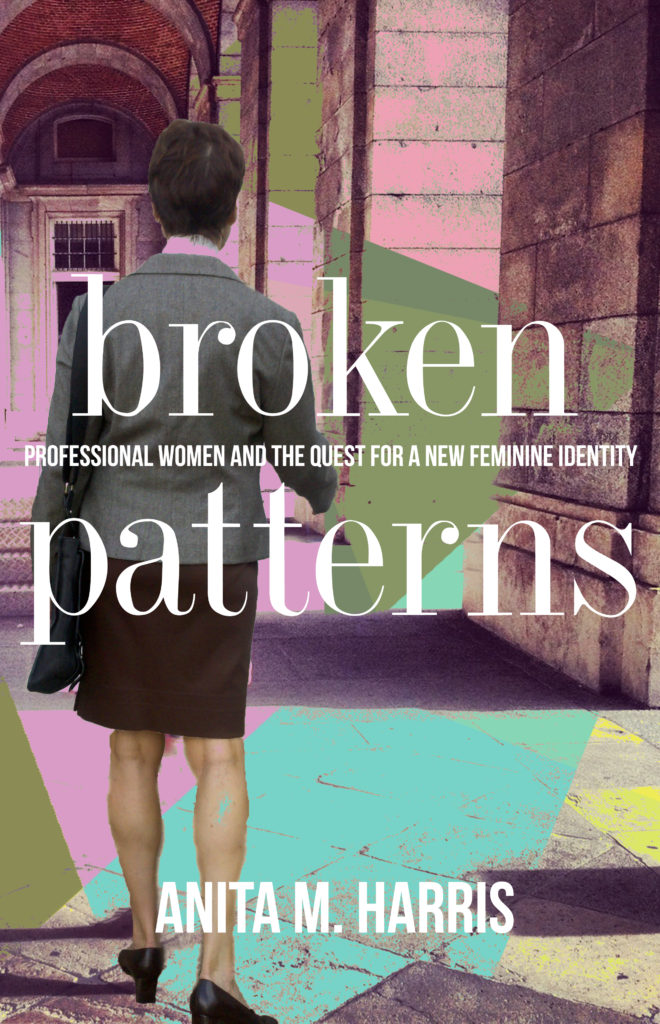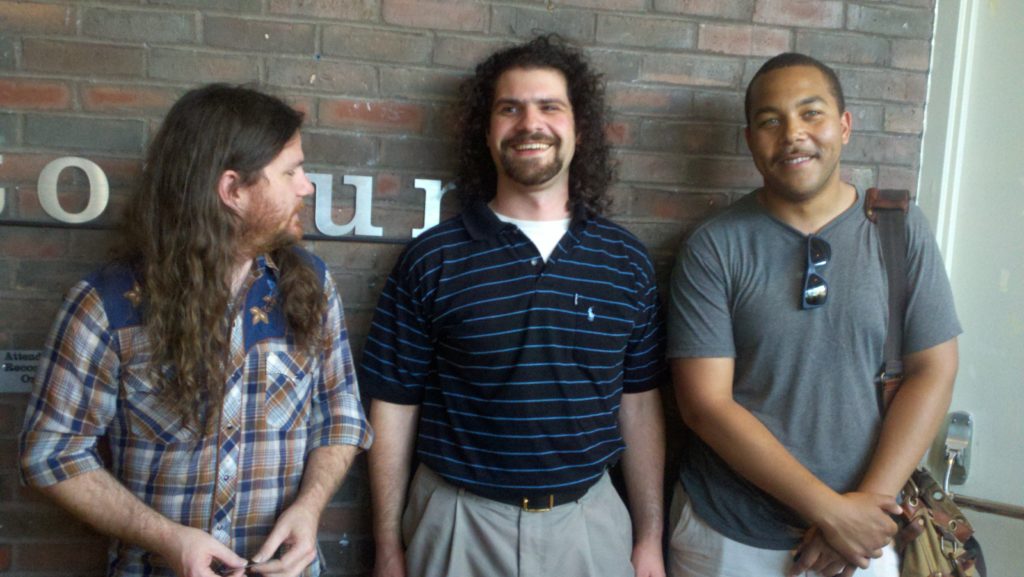A new edition of Anita Harris' book, Broken Patterns, has been published by Cambridge Common Press. The...
digital marketing
Cambridge Writer Anita Harris reviews Boston premier of feature film "Redlegs," shown recently at the Roxbury Film...
Like Sheryl Sandberg, the Facebook COO and author of Lean-In, Cambridge author Anita Harris is ...
Rained out of Cape plans, Cambridge writer/photographer Anita Harris is spending Memorial Day Weekend at home, near...


